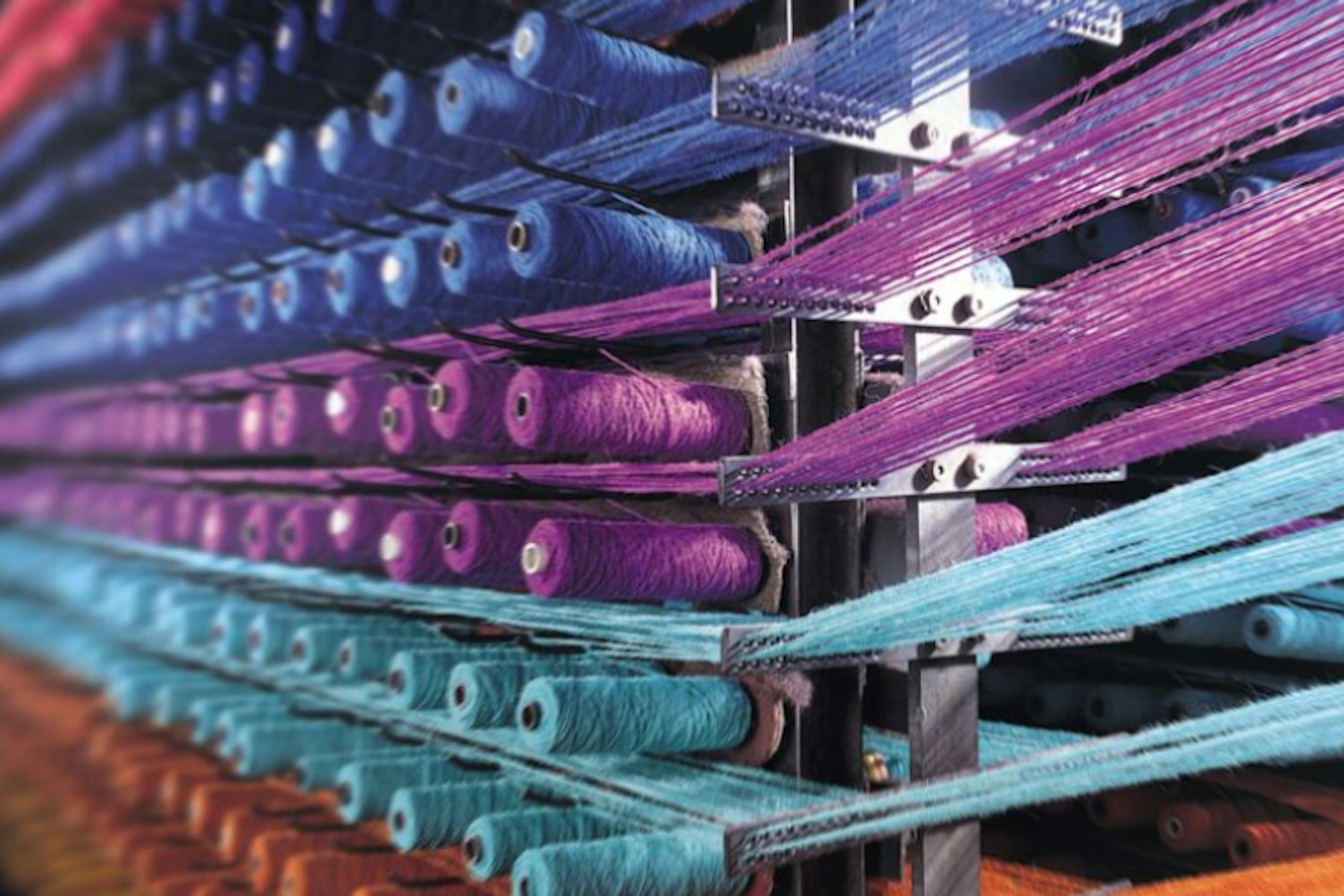Environmental impact and potential health risks associated with resource-intensive production practices mean the textile and footwear industries are under increasing attention. In response, forward-thinking manufacturers, retailers and brands are actively working to reduce their environmental footprint while transitioning to a circular textile economy. This requires the elimination of harmful substances, maximizing clothing utilization, improving recycling efforts and adopting renewable resources to optimize resource utilization.

What is materials traceability?
Brands and retailers often struggle to gain a comprehensive understanding of sustainability throughout their supply chain. This challenges in terms of establishing credibility, compliance and promoting positive change.
Materials traceability fosters transparency across the supply chain while enhancing value chain management, accurate cost assessment, equitable wealth distribution, counterfeit prevention, reputational risk management and the identification and resolution of labor rights violations and environmental impacts.
Enhance traceability in the textile and fashion industries
Strengthen transparency and sustainability in your supply chain and achieve end-to-end traceability with our comprehensive range of solutions, including:
- Supply chain mapping via desktop review
- Onsite supplier traceability verification
- Hybrid traceability service that combines verification, synthetic marker technology and a blockchain platform
- Traceability management training

Amman, Al-Jbeiha, Yajouz Street,
Caracas Building, Entrance No1, 3rd Floor, Office 311, 11193,
Amman, Jordan